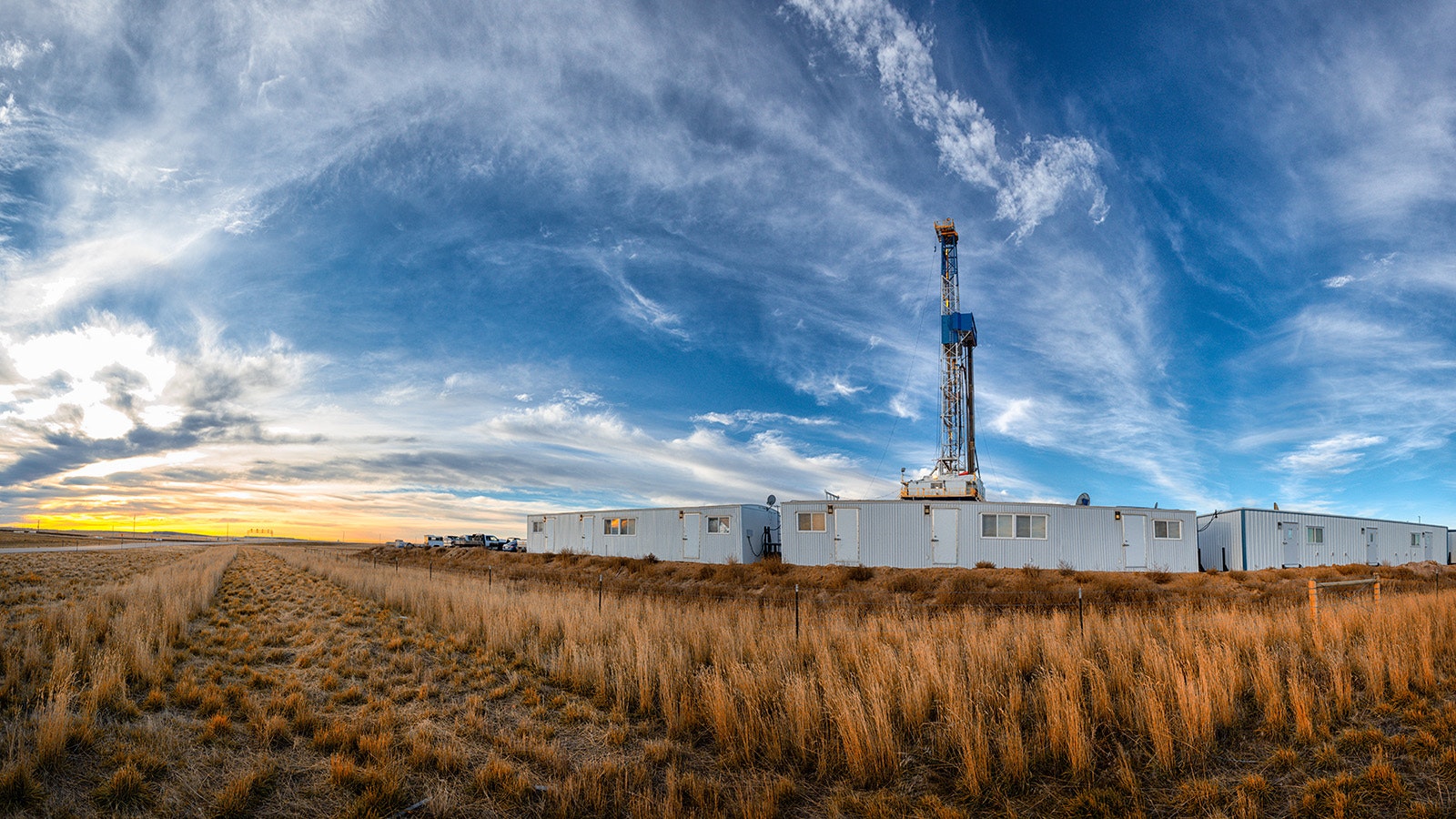The Wyoming office with federal oversight of public lands has held what is believed to be one of the smallest auctions for oil and gas leases in decades.
The sale, if it turns out to be a trend, could put at risk any future multibillion-dollar revenue contribution in Wyoming for everything from education to repair of roads and highways, according to an oil and natural gas trade group in Wyoming.
The results of the June 27 auction in Wyoming is among the lightest load of lease sales since pre-2000 levels.
“This looks like the new normal,” said Aaron Weiss, deputy director of the Center for Western Priorities in Denver, and who is a supporter of the new format for lease auctions unveiled by the Bureau of Land Management earlier this year.
“What is interesting is whether this is part of an overall trend where this is going to be the size of most lease sales going forward,” Weiss said. “The answer is that this is almost certainly yes.”
The auction results were announced Thursday by the Wyoming BLM office, which said it received 18 bids for 18 parcels covering 10,155.33 acres in the state. That’s down about 1,600 acres from the BLM’s quarterly Wyoming auction held in March.
In total,18 bids worth more than $5 million were received in this week’s auction, with 15 parcels covering 8,533.49 acres leased, or 84% of the total acreage available.
The tiny sale has raised concerns with the state’s oil and gas industry.
“With the BLM controlling the vast majority of Wyoming’s mineral estate and the patchwork of private, state and federal lands in much of Wyoming’s producing basins, this [Biden] administration’s unwillingness to offer sufficient acreage puts production at risk on all lands — not just federal — and jeopardizes the vast revenues the industry generates for the people of Wyoming,” said Ryan McConnaughey, a vice president with the Petroleum Association of Wyoming.
Not What We’re Used To
Wyoming’s BLM office has historically topped the list of biggest Western states involved in oil and gas leasing on public lands.
However, that dominant position for the Cowboy State could be getting rocked by new federal land policies in the United States.
Two years ago amid the pandemic, the Western U.S. leased a total of 128,500 acres of BLM land, then considered the historic low in the U.S.
“We continue to have concerns about both the number of parcels and overall acreage offered for oil and gas leasing in Wyoming as well as the Biden administration’s efforts to stymie production through higher fees, more red tape and continued delays in processing permits,” said McConnaughey in a statement to Cowboy State Daily.
“Yesterday’s sale proved that when the BLM offered quality parcels the industry responds,” he said. “One winning bid in the productive Powder River Basin paid more than $2 million to the benefit of taxpayers, representing about 40% of the total proceed.”
The drop in oil and gas leasing in Wyoming is a sign of the Biden administration’s push to lower dependency in the United States on oil and gas and move forward with incentives for clean energy alternatives with wind turbines and solar farms.
Impact Of Inflation Reduction Act
Auctions in September and December on Wyoming public lands are still planned in 2024.
The BLM’s last oil and gas lease auction in March was the first indication of the government’s push away from oil and gas, as it was the first to embrace new rules for bidding on oil and gas leases.
Driving the trend is the 2-year-old federal law, called the Inflation Reduction Act, that has effectively reduced the total number of acres offered in auctions to better match demand with supply.
The federal law made significant changes in promoting clean energy power at the expense of carbon-based fuels.
In the area of oil and gas leasing reforms, the federal law boosted royalty rates, the minimum bids for oil leasing and the rental rates for oil leases if oil companies didn’t drill on their leased land.
New Normal
Weiss, of the Center for Western Priorities, supports the new oil and gas leasing rules applied in the BLM’s auction in Wyoming.
In previous auctions, BLM offered more acreage than what the industry drilled on, allowing industry to assemble huge portfolios, a trend criticized by Weiss.
“'I’d say it looks like the Inflation Reduction Act is working as intended. Companies didn't bother to bid on 16% of the acres offered,” said Weiss of the June 27 auction. “This reinforces the fact that almost every acre of public land that could ever produce oil and gas has already been leased. There's just not that much left that's worth nominating and bidding on.”
Weiss told Cowboy State Daily that the tiny auctions could be the new normal moving forward with the BLM.
“Assuming nominations stay around the same level that they've been for the last 18 months, it looks like this scale, in the low five digits of acres, is the new normal for lease sales,” he said.
Future Revenue
The Petroleum Association of Wyoming is concerned that the industry’s future revenue contribution to the state is threatened by the new BLM auction rules and other pressures on its industry emanating from the Biden administration.
Last year, the oil and natural gas industry contributed $2.42 billion in taxes to Wyoming, including $1.16 billion to fund kindergarten through 12th grade education; $627 million for the state’s general fund; $174 million for distribution to the state’s 23 counties; $96 million for public infrastructure; $48 million for the University of Wyoming and community colleges; $46 million for cities and towns; $257 million for the state’s rainy day fund, called the Permanent Mineral Trust Fund; and $9 million to support of state agencies.
"The oil and gas sector remains a cornerstone of Wyoming’s economy," said PAW President Pete Obermueller in a statement.
Pat Maio can be reached at pat@cowboystatedaily.com.





